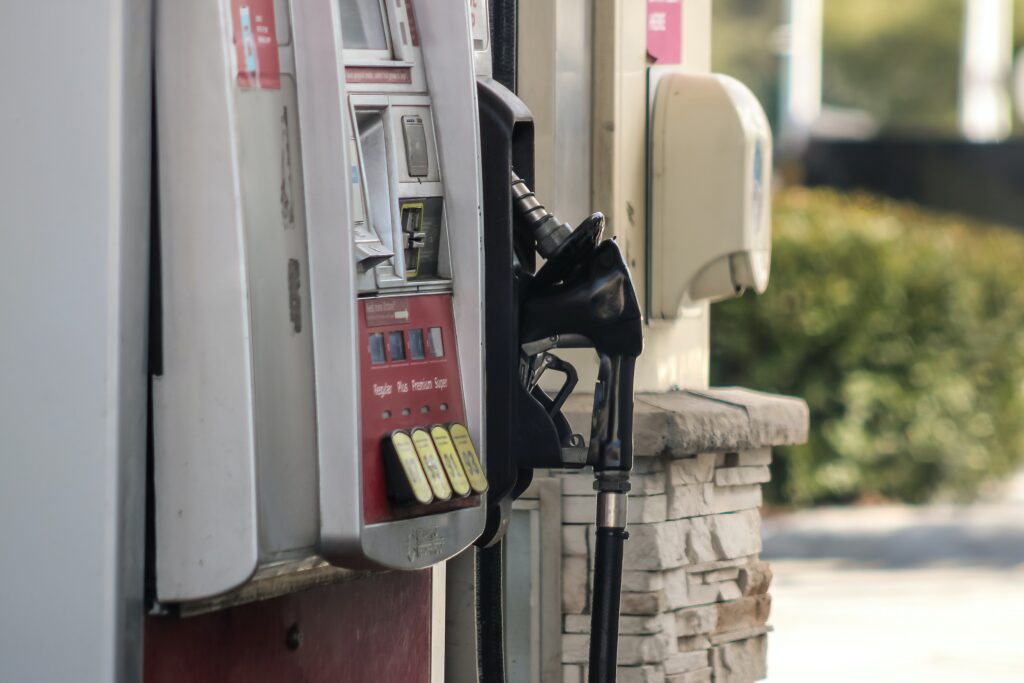Last year when oil prices spiked due to the Russian invasion of Ukraine, the Biden Administration released 1 million barrels per day for 6 months from the U.S. Strategic Petroleum Reserves (SRP) to keep gas prices down. Some saw the move as an attempt to bolster the Democrats’ chances in the Midterm election. The administration intended to begin refilling the reserves when prices fell to around $70 a barrel, but when they did in December, no action was taken.
In November 2022, Saudi Arabia offered the U.S. a deal to help refill the reserves, at 500,000 barrels per day for one year at a price of approximately $85 per barrel. The U.S. sought to refill the reserves at $70 per barrel and a compromise was not reached.
Last month, Energy Secretary Jennifer Granholm stated that it would be difficult to begin refilling the petroleum reserves due to maintenance issues at two of the four SPR sites. Then, on April 2nd, Saudi Arabia announced a cut to oil production by 1.15 million barrels per day.
They anticipated increased demand due to China’s easing of coronavirus restrictions and an ultimate loss of oil profits as the world increasingly invests in renewable energy to address climate change. There was also concern that an impending global recession could lead to decreased demand. Some suspect that the Energy Secretary’s announcement irked the Saudi government and pushed them to announce production cuts.
The announcement caused Brent crude, the international benchmark, to rise more than 6%. Now that some OPEC+ nations have decided to cut production along with Saudi Arabia, consumers can expect higher gas prices, and the administration will have to start filling the SPR at a much higher cost.In July 2022, President Biden visited Saudi Arabia in an effort to convince Mohammad bin Salman to increase production.
The bid was unsuccessful, displaying the increasingly strained U.S.-Saudi relationship. In March, the Biden administration signed off on an oil drilling project in Alaska to protect itself from volatile energy prices. However, the project will take years to become operational. In the meantime, oil prices are on the rise, and the Biden administration’s neglect of the SRP issue has left the reserves at their lowest level since 1984.














